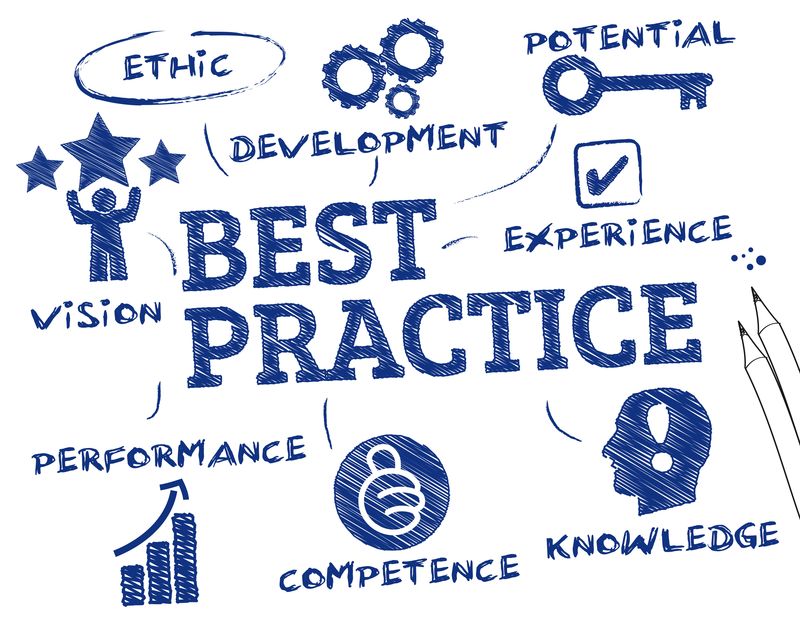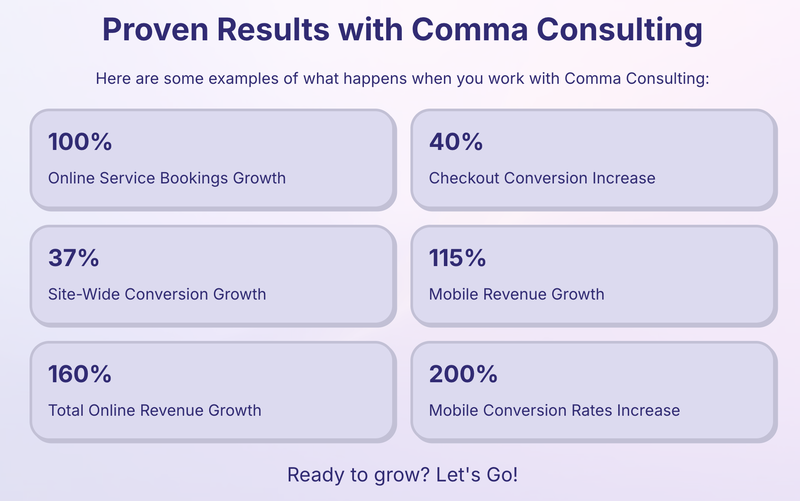
The eCommerce channel is the most complicated business system in history, and thus, replacing the eCommerce technology is also extremely complex. Why? An eCommerce technology needs to interact with humans and take their money! How many other business systems own this core state of being?
There needs to be a specialist skill set managing the eCommerce platform from the VERY beginning to the VERY end.
And this skill set needs to be on the Retailer/B2B side. All eCommerce Agencies have strong Project Managers, that is not what we are talking about. This is a resource that sits within the business or is a specialist brought in specifically for this project.
Believe it or not, there are 10 proven ingredients that a specialist must possess to ensure the integrity of this type of project.
Only then can Retailers and B2B's achieve ROI.

The 10 Ingredients of a GREAT eCommerce Project Manager/Specialist:
Below are the 10 ingredients that must come together to produce success: "success" means the project is delivered on time, on budget and to the right quality standard required of the business.
#1. Strategic:
The eCommerce Project Manager must be strategic to ensure the finished project remains fully aligned with business needs.
A high volume of decisions made throughout this type of project is strategic in nature.

#2. Knowledge of eCommerce Best Practice Customer Experience Design:
There is a need to have a deep understanding of Best Practice Customer Experience Design. Any Replatform scope will come with an Experience Design plan that influences the treatment and configuration of the new eCommerce Platform.

For example, the Experience Design plan dictates four primary treatments of the new eCommerce Platform...
- eCommerce front end functionality
- Front-end development
- Back-end integration to external business systems
- New Content creation needs of the business
Not understanding Best Practice Customer Experience Design will influence the outcome of all four of these treatments.
#3. Asking the right questions, giving the right answers:
As stated above, a typical eCommerce Replatform project will stimulate literally hundreds of questions throughout the process. To maintain the momentum of a project, the eCommerce Project Manager must be prepared to answer many of these questions.
This is where being strategic and knowing best practice becomes important.
But many times, the questions that come from the eCommerce Agency are not the right questions. To uncover the real issue(s) requires the ability to ask the right questions to get to the right issue.
#4. Understanding the Cogs in the Machine:
A subset to asking the right question and giving the right answer requires the eCommerce Project Manager to have a deep understanding of the eCommerce Platform being used.
All Phase 1 Replatform projects should avoid the application of custom development as much as possible. Applying any non-standard treatment to an eCommerce Platform produces future risk.
Knowing what the Platform is capable of, and asking the right questions (see point 3 above), enables decision-making that will ileverage "out of the box" capabilities.
#5. Understanding the wider Ecosystem:
The eCommerce channel has the opportunity to drive overall business growth. To achieve this requires tight connectivity to multiple business systems.

Even though this will be scoped beforehand, the eCommerce Project Manager needs to have a firm grasp of all business systems that will be connected to the new eCommerce Platform so as to capture anything that has been missed in the scoping process.
This is an extension of Point 1 above: Strategy. This is where the CTO and eCommerce Project Manager work "hand in glove" with each other.
#6. Giving the Steering Committee the right information:
A Steering Committee is only as effective as the information they are provided.

All the characteristics mentioned above culminate into the function of appropriately informing a Steering Committee, and have them take part in the types of decisions that affect and influence the wider business.
If they are given the wrong information, they provide the wrong answers: plain and simple.
#7. Change Management:
eCommerce Replatform projects are the catalyst for change.
The eCommerce Project Manager needs to have an appreciation for the science of change and how to prepare the business for important changes.
The new eCommerce Channel is an evolution of its predecessor. If the business does not change to better support this newly evolved channel, it will not benefit from the investment.
The eCommerce Project Manager needs to coach, guide, prepare the business for what's coming. Examples of the types of change are....
- Evolved customer support function
- BAU (business as usual) processes need to change
- Potential business policy adjustments
- Improved data monitoring and business reporting requirements
- In store process change (for improved click and collect solutions)
- Adjustments in resource (employee) allocation for such things like content creation and ongoing eCommerce vendor management
#8. Speak Geek - be the translator:
The eCommerce Project Manager has constant interactions with all technical teams:
- eCommerce Agency
- System integration specialists
- Third party software teams who need to be involved where the eCommerce Platform will be integrated with
- Data mining specialists

These gifted technical brains have a weakness in their ability to speak in layman's. It becomes the job of the eCommerce Project Manager to understand everything being said by technical teams for three primary reasons...
- Ensure no business requirement is lost in translation
- Be the center of the truth for project transparency (see point 9 below)
- Translate to the business
#9. The Center of the Truth for Project Transparency:
The foundation to anxiety is the fear of the unknown.
To mitigate this fear is to build a high standard of transparency throughout the eCommerce project. And this transparency must be designed for multiple levels of the business...
- The team working directly with the eCommerce Project Manager
- The Steering Committee
- The C-Suite/Board
All three business "audiences" need different types of communication so as to understand project progress, risks, timeline updates, and verify if the project is still on budget. All eCommmerce Agency project tools define project timelines from their perspective, this is of little value to the business.
And each of these three audiences require a unique narrative for them to benefit.
#10. Predict Future Project "Traps":
The eCommerce Project Manager needs to predict the future in a replatform project. The business needs to be warned ahead of time when potential issues are about to surface. This enables the business to forward plan and correct its course to avoid these issues.
Not being prepared for issues results in a loss in project momentum, change requests, extended timelines, and increased project costs.
The second part of predicting the future is for the eCommerce Project Manager preparing the business for upcoming tasks that will become critical later on. This also enables the integrity of project momentum.
This is not a "skill", this ability to steer businesses away from costly errors comes from experience.
Conclusion:
eCommerce Agencies (rightly so) present a client-side PM with hundreds of important questions, tasks, and responsibilities throughout a replatform project. And all PMs on the client side are not equipped to deal with it.
Reading the above 10 "Ingredients", may sound daunting, but there are people who fit the bill.
If you want to make your most profitable channel more profitable, consider bringing in an eCommerce specialist who can fill the gaps mentioned above. The ROI on this investment will be significant.
Benefits of working with an eCommerce Expert = Results:
When you work with an eCommerce Expert like Greg from Comma Consulting, these are the types of results you can expect...

Ready to grow? Let's Go! Click here to contact Comma Consulting now.
This article was as tagged as AI eCommerce , Best Practice , eCommerce Consulting